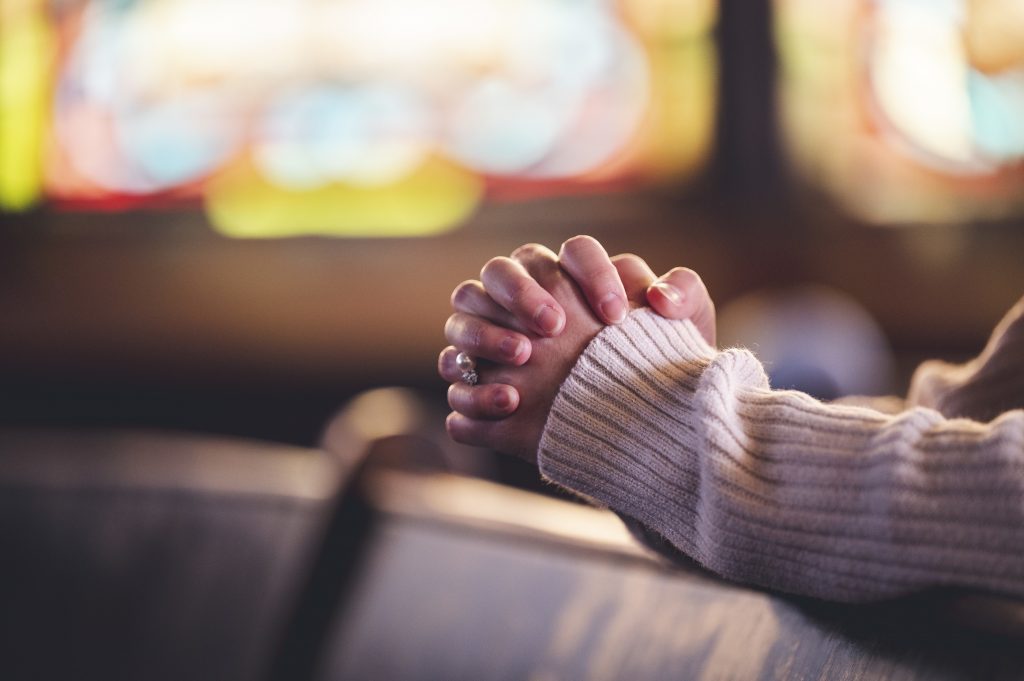For Women’s History Month, the Rev. Julia Singleton shared in her essay last week responding clergywomen’s memorable “Wow” moments of their ministries. In part two this week, she shares their answers to her second question: “All clergy face challenges in ministry, but what challenges do you think female-identifying clergy specifically face?” If you want to share your challenges with her, email her at pastorjsingleton@gmail.com.
The next question I asked was, “All clergy face challenges in ministry, but what challenges do you think female-identifying clergy specifically face?”
The Rev. Dr. Tanya Bennett, Associate Dean for Vocation and Formation at Drew Theological School, and I had a conversation about, despite it being 2024, so often we are still the first female pastor in the churches we are called to. She shared, “The challenge is not only to be courageous in stepping up, but to not change who we are to satisfy the expectation.”
As a fourth generation pastor, she had to find her own preaching voice and realized it didn’t need to be “male” or different from her authentic speaking voice to be effective.
The Rev. Stacy Gonzalez, lead pastor of Grove UMC in EPA, expressed that “We have to work hard to earn respect. It’s not automatically given, and it can be easily lost.” There is also “the idea that it’s impossible to be a good pastor and a good mom at the same time.”
I myself know many pastors who not only feel this sentiment but also have been asked in interviews how they will manage ministry and raise a family while their male partners or colleagues have not been asked this same question.
The Rev. Alicia Julia-Stanley, serving at First UMC Shamokin and St John’s UMC in Coal Township in EPA, shared a struggle that I think many clergywomen have faced in ministry: when people often mistake our husbands to be the pastor instead of us. Another is when someone hears we are a pastor and asks if our husband or father is also a pastor—as if we inherited the call from them, rather than independently from God.
She also shared with me a time when she was mistreated by a pastor she was working with while she was dealing with a high-risk pregnancy.
The Rev. Sooah Na, pastor of Centenary UMC in Metuchen, NJ, answered, “Gender discrimination contributes to the unique challenges that female-identifying pastors encounter. Upon sharing my call to ministry, skepticism from my family, friends and home church emerged, primarily because I am a woman.
“Answering to my calling was not easy. It required overcoming and even confronting doubts and challenges from those closest to me, especially my parents whom I love deeply. Through prayer, I sought God’s guidance to open their hearts, and I have been blessed to witness a transformation.
“Today, my parents are the most ardent supporters of my calling to the ministry. There was an exceptionally touching moment when my parents visited from South Korea. Witnessing their tears as I delivered my sermon and interacted with my congregation was an intensely moving experience. It also warmed my heart when a number of congregants requested that I convey their heartfelt thanks to my parents, telling them, ‘We are grateful for your daughter’s leadership and her ministry in our church.’”
The Rev. Grace Pak, who serves as the English Ministry pastor of Calvary Korean UMC in East Brunswick, NJ, shared, “As an Asian, female-identifying clergy, racial and gender bias has posed the biggest challenge in ministry. Having served in cross-racial and cross-cultural appointments for all of my ministry years, where most if not all of the congregation members were white and I was their first Asian female pastor, there has been overt and subtle racism expressed in various forms of bias.
“When I began my ministry at one of the churches I served, an older member who was born and raised in that church decided not to come to church anymore because she was ‘taught not to associate with the colored.’ This was my first time being called ‘colored’ after living in the U.S. for over 20 years. There have been instances where my decisions and leadership were questioned and not acknowledged due to the stereotypes people had regarding Asian women as passive and submissive.”
The Rev. Tracy Duncan, pastor of Eastwick UMC in Philadelphia, also shared her challenges of gender and race: “I think one of the greatest challenges that female clergypersons face at times has to do with gender. At other times, it is both gender and race. The gender issue often stems from what some considered to be orthodoxy in the life of the church.
“Many struggle with the idea of a woman giving leadership in the life of the church, and specifically, giving leadership to men. While our gender can be an issue, certainly leadership, style and personality are subject to questions. Leadership for many people gets modeled and embodied in a particular type of individual.
“Women’s leadership, to the exclusion of men, can be just as varied. Perhaps sadly, our national ethos often adds race as a criterion for fitness of one’s leadership. Therefore, some are judged as suspect before any true discussion or knowledge of one’s capabilities is determined.”
*The Rev. Julia Singleton is the pastor of Fox Chase UMC in Philadelphia. She leads Eastern PA’s Women in Professional Ministry group and also serves on the Conference Communications Committee. She has been appointed to Lehman Memorial UMC beginning July 1 as their first female lead pastor.

